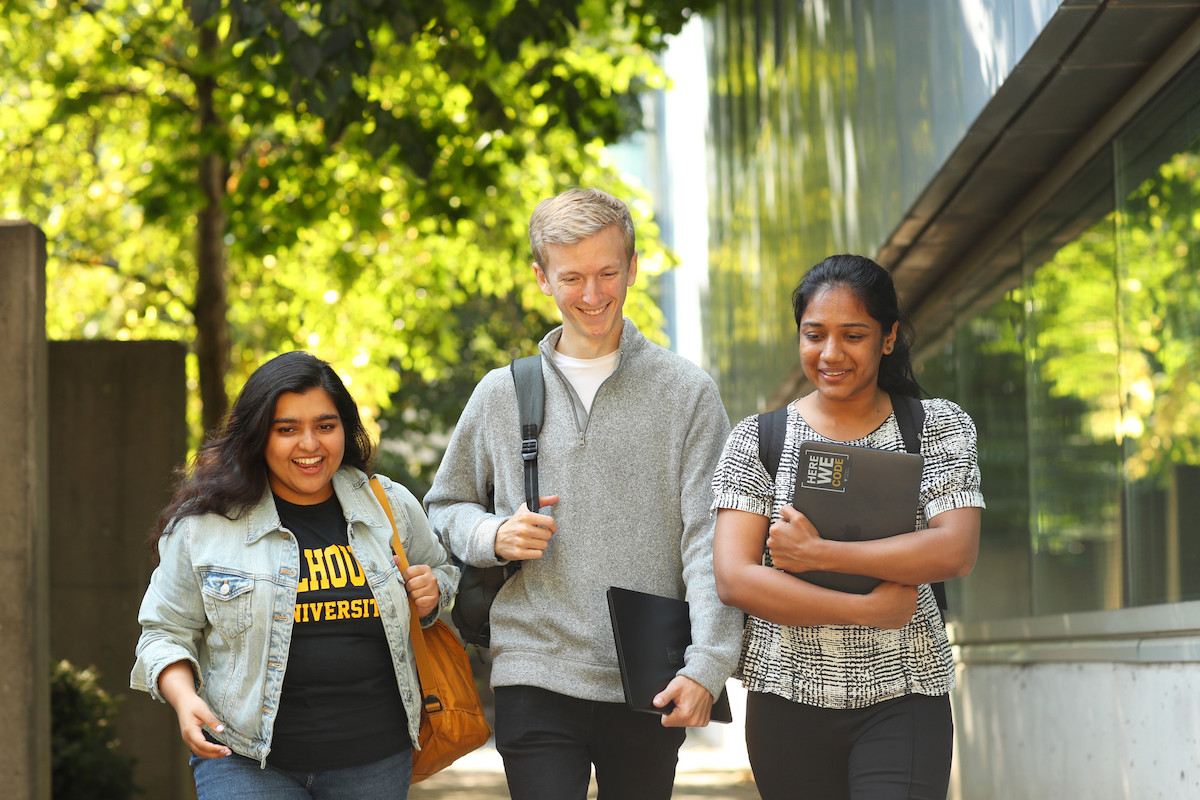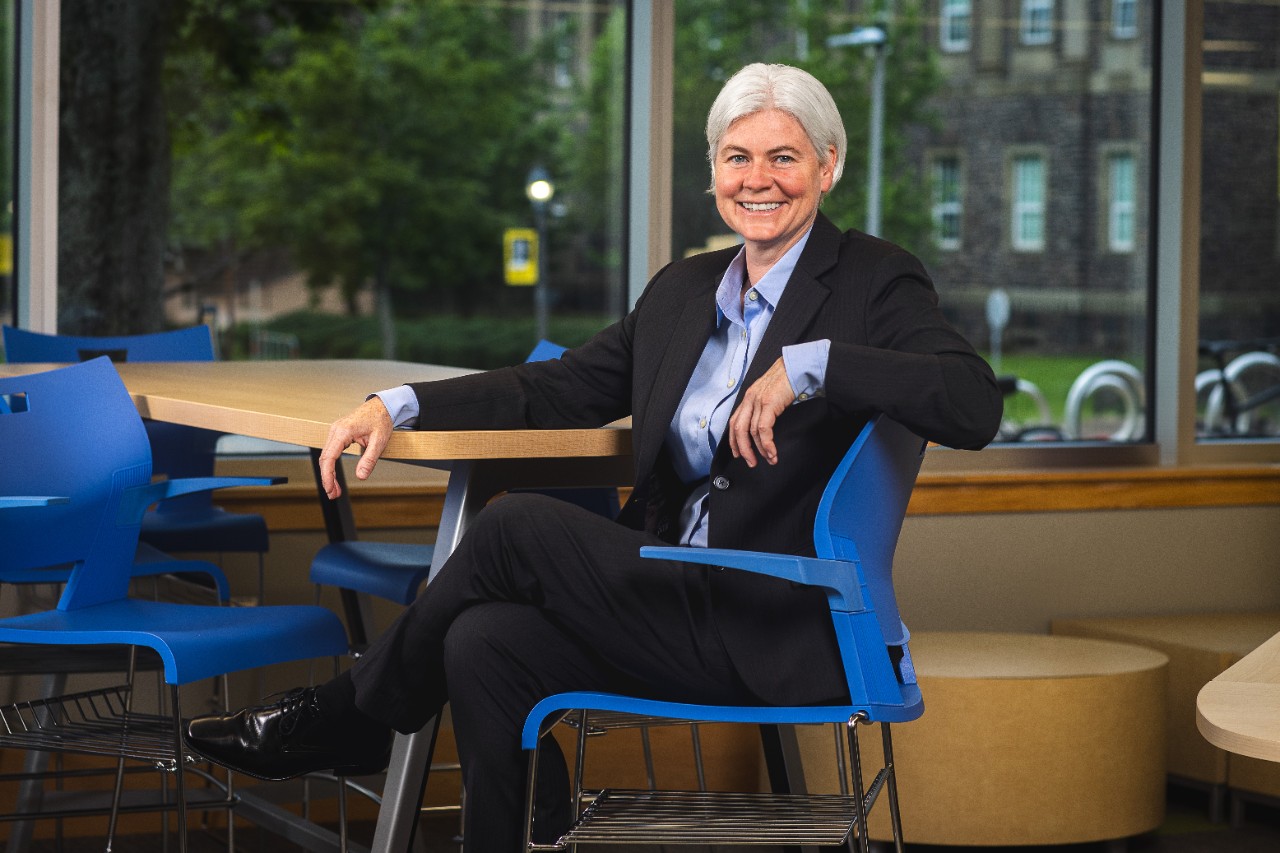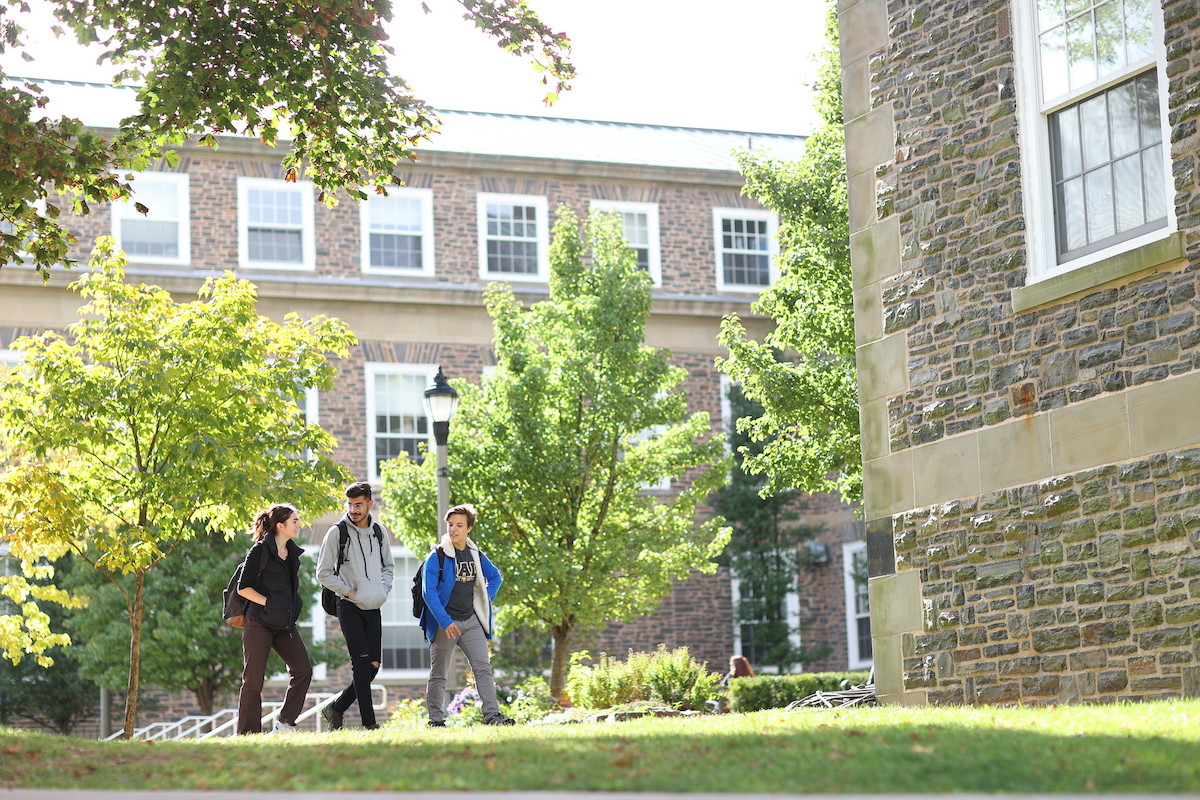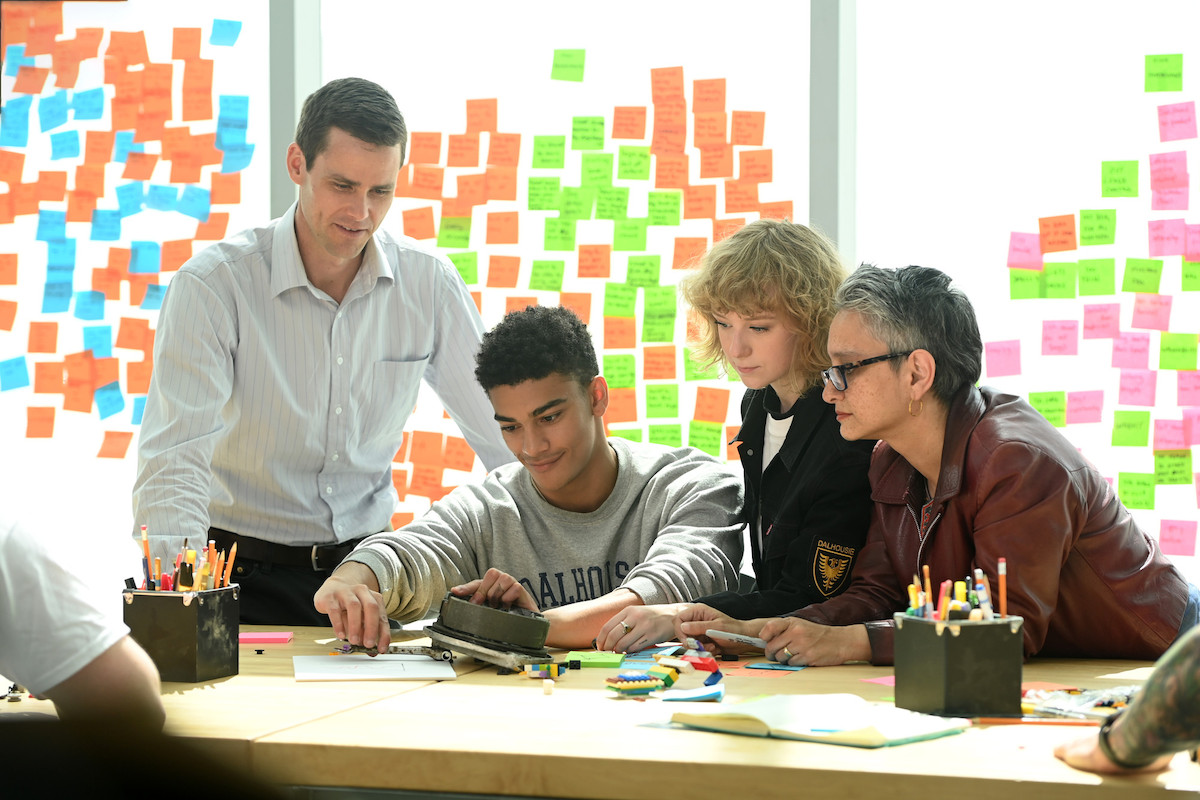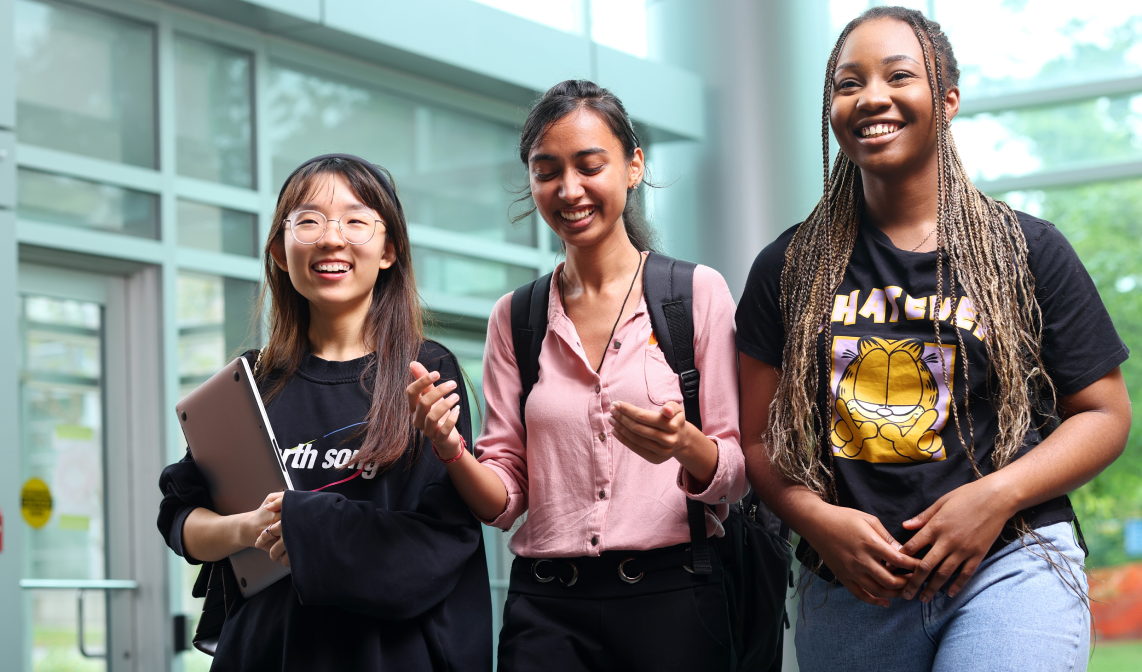Where infinite ambition meets global impact
Located on Canada’s welcoming East Coast, with campuses in the vibrant oceanside city of Halifax and an Agricultural Campus in the town of Truro, Dalhousie welcomes 21,000 students from across the country and more than 115 countries around the world.
We are Nova Scotia’s leading research-intensive university, with 13 faculties that expand understanding through teaching excellence and a drive for discovery resulting in more than $210 million in external research funding each year.
Dalhousie’s blend of groundbreaking research with outstanding teaching and makes for a unique and collaborative environment that empowers all our students, professors, researchers, and staff to achieve excellence and make a positive impact for our province, our country, and our world.
Dalhousie University is located in Mi’kma’ki, the ancestral and unceded territory of the Mi’kmaq. We are all treaty people.
We recognize African Nova Scotians are a distinct people whose histories, legacies, and contributions have enriched Mi’kma’ki for over 400 years.
Kjipuktuk and We’kwampetitk are the ancestral Mi’kmaq territories known today as Halifax and Truro.
